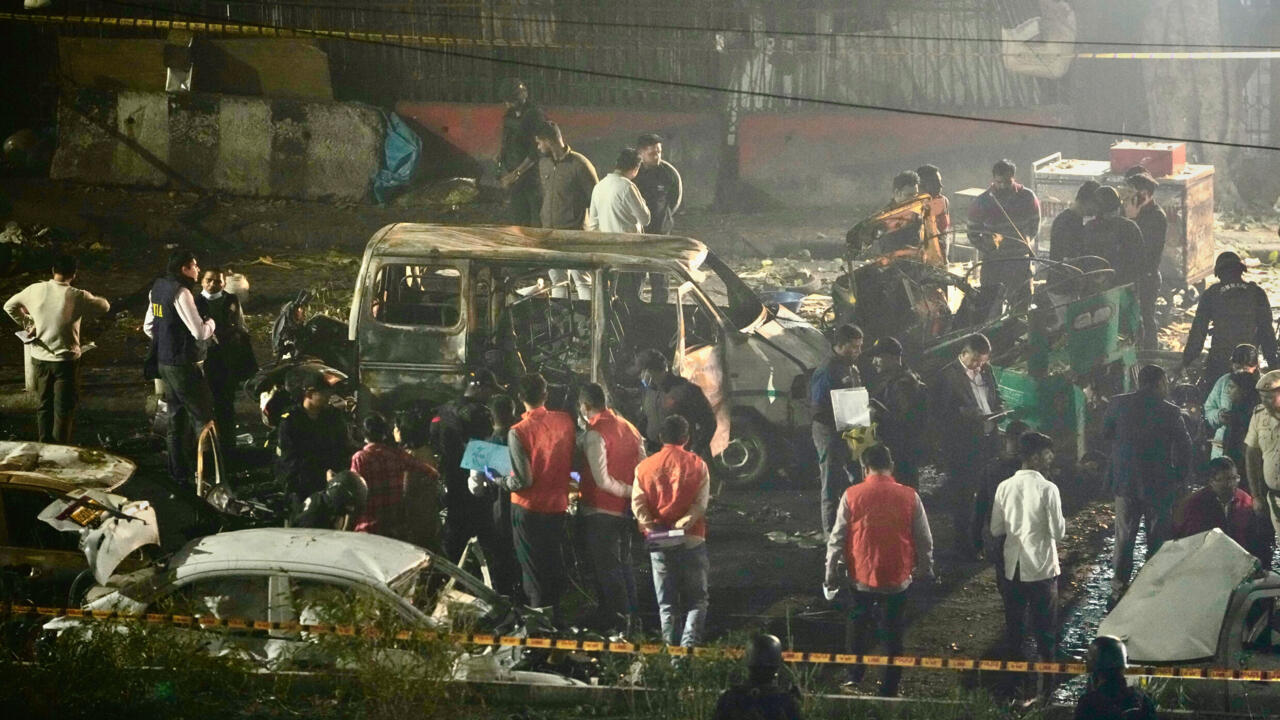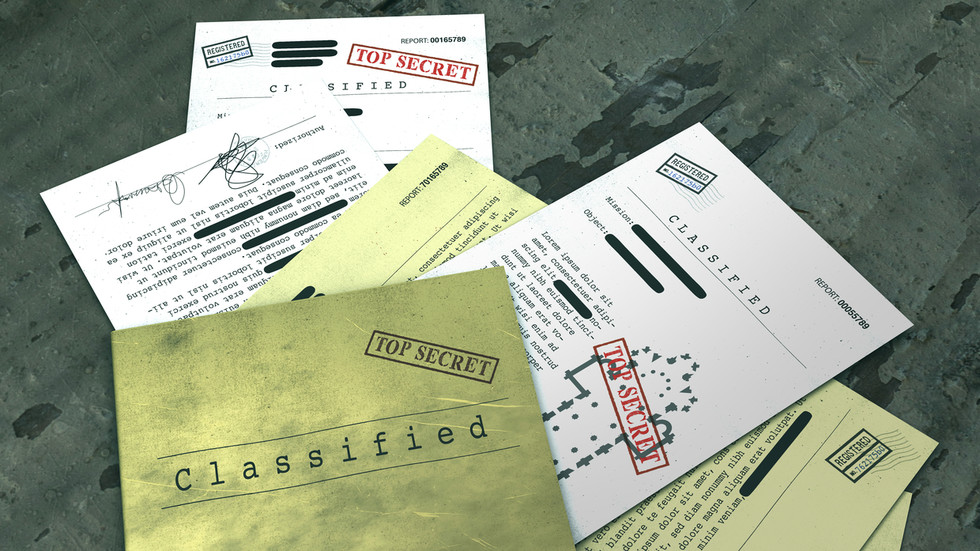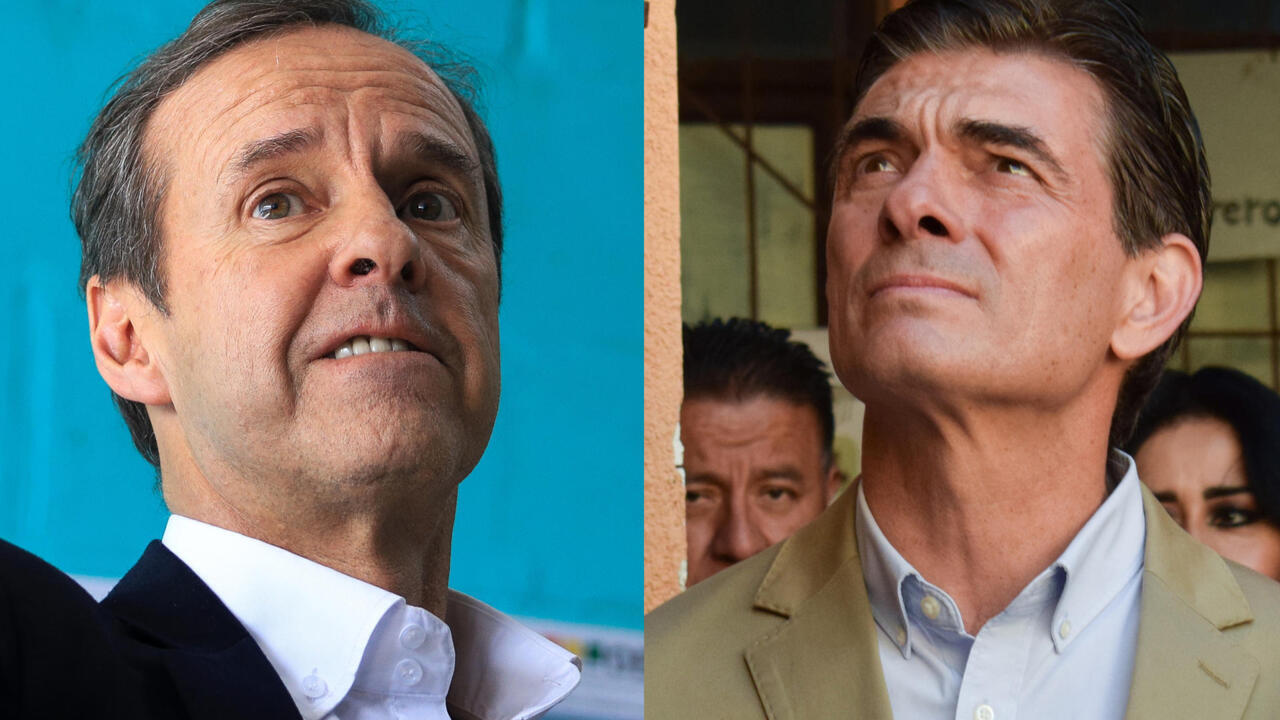Indonesia’s former President Muhammad Soeharto, whose three-decade rule was marred by accusations of mass human rights violations, was posthumously named a “national hero” on Monday, causing backlash.
The title was conferred in a ceremony presided over by President Prabowo Subianto, a former military general and Soeharto’s former son-in-law, despite protests by pro-democracy activists and the families of those affected by the former leader’s iron-fisted rule.
Backed by the United States during the Cold War, Soeharto used the military to dominate civilian affairs and crush dissent.
He was also accused of massive corruption and nepotism benefiting his family and cronies, although no charge was proven and he never went on trial due to his failing health.
So who was Soeharto, who ruled Indonesia for 32 years? And what’s behind President Prabowo’s decision to honour the late general?
Who was Soeharto? When and how did he come to power?
Soeharto, whose name is also spelled Suharto, was Indonesia’s second president. He was a military officer who became president in 1967 after seizing power from the country’s first president and independence leader, Sukarno.
He launched a brutal crackdown to purge alleged communists, killing more than half a million Indonesians. The crackdown came after Soeharto accused the Communist Party of Indonesia (PKI) of a coup attempt following the kidnapping and killing of six military officers in 1965.
It has never been officially investigated. Soeharto was the key military officer during that time, although his involvement was never proven.
Under his leadership, Indonesia invaded and occupied East Timor in 1975, killing hundreds of thousands of people. Soeharto had the support of the West, particularly Washington, for his brutal actions in Indonesia and East Timor.
The former leader and his family were also suspected of corrupt practices during his rule. The charges remain unproven. Attempts to try Soeharto for graft were first made in 2000, but he failed to appear in court and was later declared too ill to stand trial.
Soeharto’s three-decade rule was marked by rapid economic growth and political stability, but also involved severe restrictions on human rights and free speech, and the military’s violent crackdowns on the opposition.
He was forced out of office in 1998 following deadly student protests in the wake of the Asian financial crisis. He issued an apology to the nation after his ouster, but did not specifically mention the human rights abuses and corruption that characterised his rule.
Soeharto came from a humble background. He joined the Dutch colonial army at 19 as a corporal and afterwards fought with Indonesian guerrillas against the Dutch colonial forces. Indonesia gained independence from the Netherlands in 1945.
What happened during the ceremony?
Soeharto was one of the 10 people recognised by Prabowo during a televised ceremony that took place at the presidential palace in Jakarta to commemorate the annual National Hero Day.
Every year, the title of national hero is awarded to Indonesians who have contributed significantly to the Southeast Asian archipelago’s development.
“A prominent figure from Central Java province, a hero of the struggle for independence, General Soeharto stood out since the independence era,” an announcer said as Prabowo handed the award to Soeharto’s daughter and son.
Soeharto joins a list of more than 200 people that includes the first democratically elected president, Sukarno, as well as prominent women’s rights advocates, Islamic scholars and independence activists.
Former President Abdurrahman Wahid and labour activist Marsinah, who was kidnapped and murdered under Soeharto, are also among this year’s candidates to become national heroes.
Soeharto’s daughter, Siti Hardiyanti Rukmana, and son, Bambang Trihatmodjo, were among the attendees at Monday’s ceremony.
“Please remember what my father had done, from when he was young, until he was old, all his fights for this country and the Indonesian people,” Siti told reporters after the ceremony.
Did people protest against the decision to honour Soeharto?
Yes.
Ahead of the National Hero Day ceremony, activists and civil society members rallied outside the presidential palace to protest proposals to grant Soeharto the national hero title. They raised an alarm about historical revisionism in Indonesia.
Some carried posters saying: “Stop the Whitewashing of the General of Butchery” and “Thousands Died But The Country Chose to Forget”.
The Commission for the Disappeared and Victims of Violence (KontraS), a local rights group, said designating Soeharto a national hero was immoral and helped to normalise impunity.
“[Soeharto], as someone suspected of being involved in human rights violations, state violence and various offences related to human rights abuses, does not deserve to be awarded the title of national hero,” KontraS coordinator Dimas Bagus Arya told AFP.
Last week, around 500 civil society members, activists and academics published a letter sent to Prabowo requesting he not proceed with the hero designation.
The letter said awarding Soeharto the title was a betrayal of his victims and of democratic values, and constituted a dangerous distortion of history.
Several rights groups also sent a letter to Culture Minister Fadli Zon and Prabowo to oppose the plan to honour the former leader. Fadli said proposing national hero candidates included public input.
“We have conducted research,” he told reporters. “All of them have met the requirements.”
State Secretary Prasetyo Hadi also defended the government’s decision.
“It is part of how we honour our predecessors, especially our leaders, who undoubtedly have made extraordinary contributions to the nation and the country,” he told reporters.
What is President Prabowo’s connection to Soeharto?
Prabowo is closely associated with Soeharto and was an ally of the former president. Prabowo is a former army general who served as the special forces commander during Soeharto’s rule.
The current Indonesian president was married to Soeharto’s daughter Siti Hediati Hariyadi. The couple divorced after 15 years of marriage, and she is now a parliamentarian.
Prabowo has been accused of being involved in military crimes in East Timor under Soeharto in 1983. East Timor only became independent after Soeharto stepped down.
Soeharto’s party, Golkar, remains a major player in Indonesian politics and backs Prabowo. Golkar holds key ministries in the Indonesian cabinet.
Prabowo rose to power following an election last year, and has been accused by his critics of expanding the role of the military in civilian domains.
In response to outcry over the plan to include Soeharto, Prabowo’s office had insisted he has the right to bestow the title upon whomever he chooses.
Did the US back Soeharto?
Yes.
Soeharto was a staunch anti-communist, and the US played a role in shoring him up.
Even before Soeharto rose to power, the US sought to weaken and depose Sukarno, who was accused of being sympathetic to communists.
In 2017, diplomatic cables declassified by the US National Security Archive and the National Declassification Center showed that Washington had intimate knowledge about the 1965 purge of alleged communists in Indonesia.

 3 hours ago
1
3 hours ago
1










 English (US) ·
English (US) ·